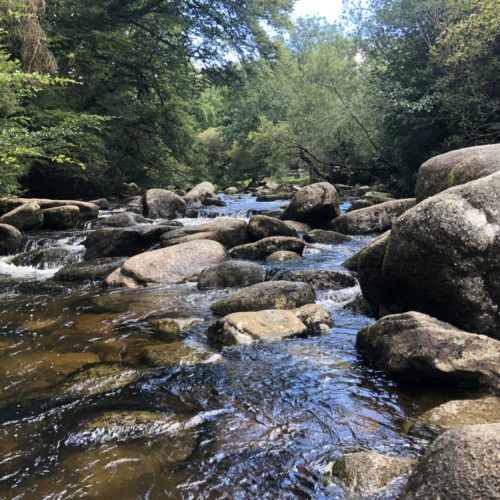At Thomson Environmental Consultants, our specialist ecologists perform Ecological Impact Assessments (EcIA) daily. This means we are well versed when it comes to preparing and conducting EcIA assessments through each stage of the process.
Our 150-strong team of specialists have the expertise and knowledge you need to assist you during the planning process. Our surveyors are all members of the Chartered Institute of Ecology and Environmental Management, so rest assured key issues are identified.
Let us help with your Ecological Impact Assessment
What is an Ecological Impact Assessment?
An Ecological Impact Assessment (EcIA) is formally required under an Environmental Impact Assessment (EIA), but can also be usefully employed on any development project to identify significant ecological impacts. By undertaking an Ecological Impact Assessment, the chances of getting planning permission for your project are increased, as you will have more awareness of likely impacts.
When should they take place?
Best practice highlights that the EcIA should be an iterative process. This means that, as ecological information comes to light, the development design should be amended where possible to avoid significant harm to biodiversity. At Thomson, we fully support the approach and help our clients meet the principles of the avoid-mitigate-compensate hierarchy during the EcIA process.
Our EcIA Process
Scoping
Scoping is the first step and includes an initial data gathering exercise, which is used to inform the content or scope of the full Ecological Impact Assessment. We gather information on the proposed development, the ecology of the site and any relevant legislation and policies. A desk study draws on published material and databases held by local organisations.
An extended Phase 1 habitat survey is used to identify the main habitat types and evaluate the potential of the development site to support important habitats and species. We may also consult other interested groups at this stage.
Detailed ecology surveys
Detailed ecology surveys may follow if the scoping exercise has shown that the development might affect sensitive or protected habitats or species. Critically, the season for these surveys may be limited, so early planning is essential to avoid delays to the project.
Evaluation of nature conservation value
We use the information we have collected to evaluate the importance of the site, its habitats and species. We use published guidelines to arrive at a level of value for the different components of the site, on a scale ranging from negligible to international importance.
Terrestrial invertebrates
Rapid and accurate identification of terrestrial invertebrates is essential to ensure that sites with high-quality faunas can be rapidly assessed for invertebrate communities and priority species. Such assessments are increasingly required for Ecological Impact Assessments, especially on brownfield sites.
Impact assessment
Interpretation of the survey data enables an assessment of the ecological impact of the development (e.g. loss of habitat); the magnitude of the impact (including positive and negative effects); and the significance of these, depending on the value of what is affected and how much.
Mitigation
We put forward measures to avoid, reduce or compensate for any impacts we have identified. In some cases, avoiding impacts is a legal requirement, such as not killing protected species. In others, mitigation may be required to satisfy planning policies and best practice guidance.
Residual impacts
The effect of the development on biodiversity, in the light of the proposed mitigation measures, is reassessed to determine the final (residual) impact.
Environmental statement
We present the results of our EcIA for inclusion in an Environmental Statement, giving decision-makers all the relevant information on the ecological impact of the proposed development.
How do I schedule my Ecological Impact Assessment (EcIA)?
At Thomson, our teams of ecologists undertake Ecological Impact Assessments every day, so we are well versed in helping our clients with this requirement. To talk to us about how we can help you with your assessment, contact us.















